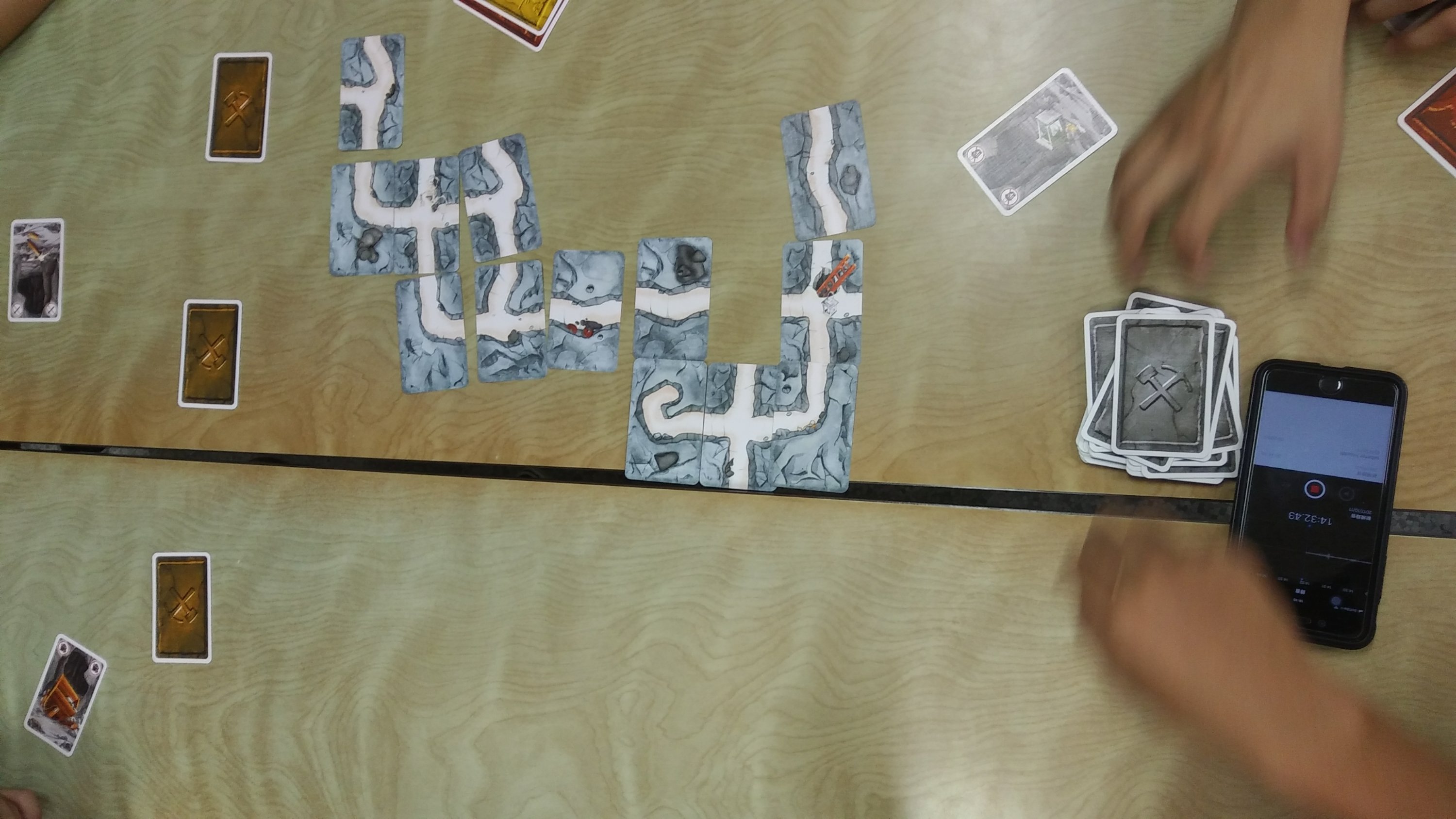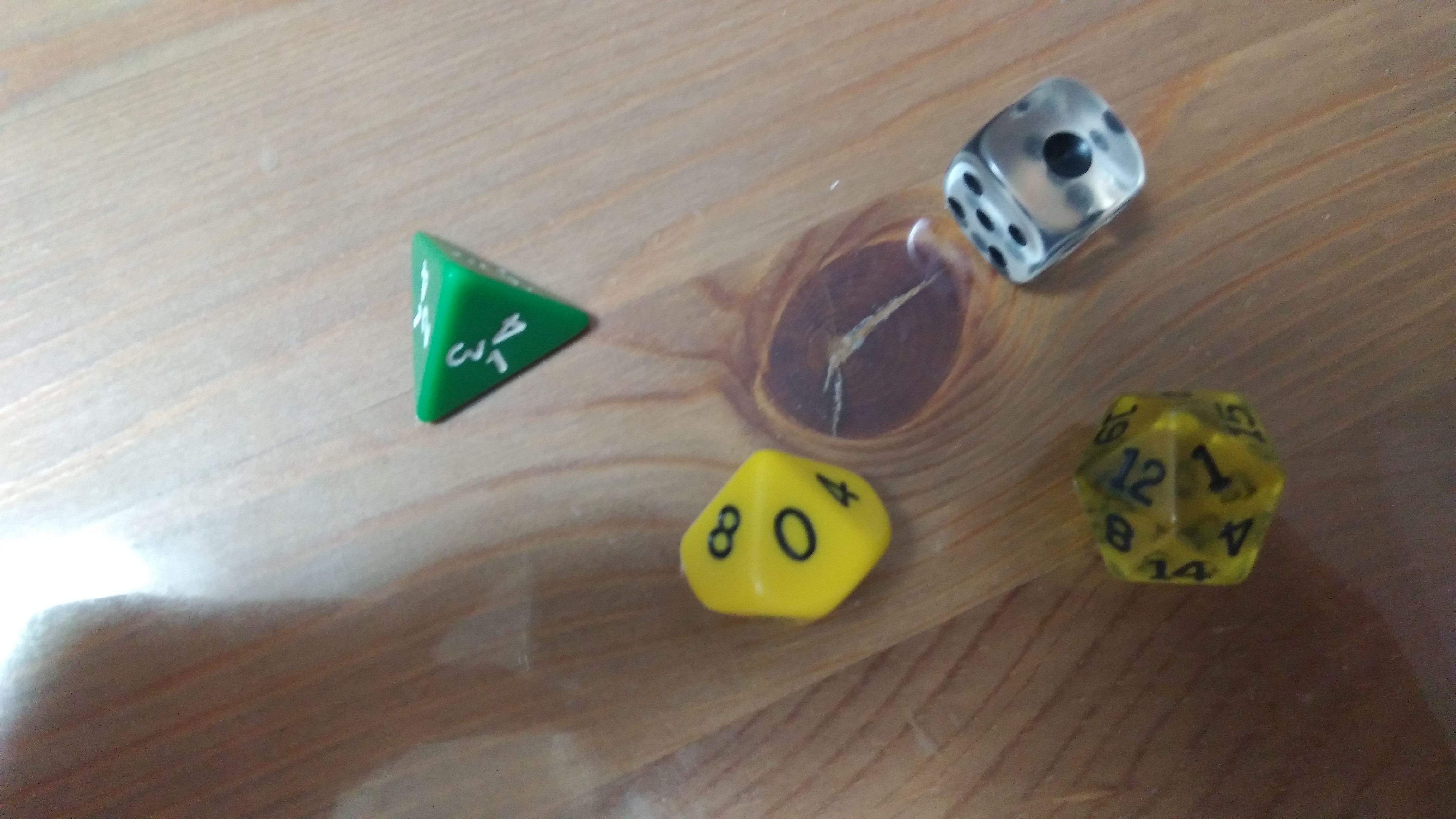As part of one of my courses I have an assessed project where students produce a game to be played in English and that requires spoken communication. However, you can’t really produce a game if you haven’t played many. So, in addition to Saboteur and Deep Sea Adventure earlier in the course, students played Oddville and an adapted form of Diceplomacy (itself an adaptation of Diplomacy).
Oddville was pretty tough in places because it is pretty tough for some first language speakers of English to understand the rules due to about five different game mechanics joined together. However, my students basically got it.
It’s a resource management game, a strategy game and a bit of a bluffing game at times, rolled into one. You build a town, but you need to gather materials and then choose your building and assemble your workers to be there and you also need money. I said it was tough at times and it is because there’s so much to keep in memory. It was pretty communicative because of this. Basically every turn, students needed to check whether they were playing by the rules or not. Mostly everything was fine but the odd few turns with a bit of unorthodox building attempts needed to be kept in check. Still, it was generally simpler than Saboteur.
Diceplomacy was a good bit easier. We played using three teams, who had to declare alliances, war or neutrality. The first team to three wins won in our game and all strategy had to be talked through in English. In addition, if you won a round you could increase your dice value from a six-sided dice (1-6) to a ten-sided dice (0-9), but if you lost a round you decreased your dice to a four sided (1-4) dice. This also kept the game a lot more interesting.
Next up, my students are finalising designs and prototyping games so I should be able to see how they have evaluated the games soon.


